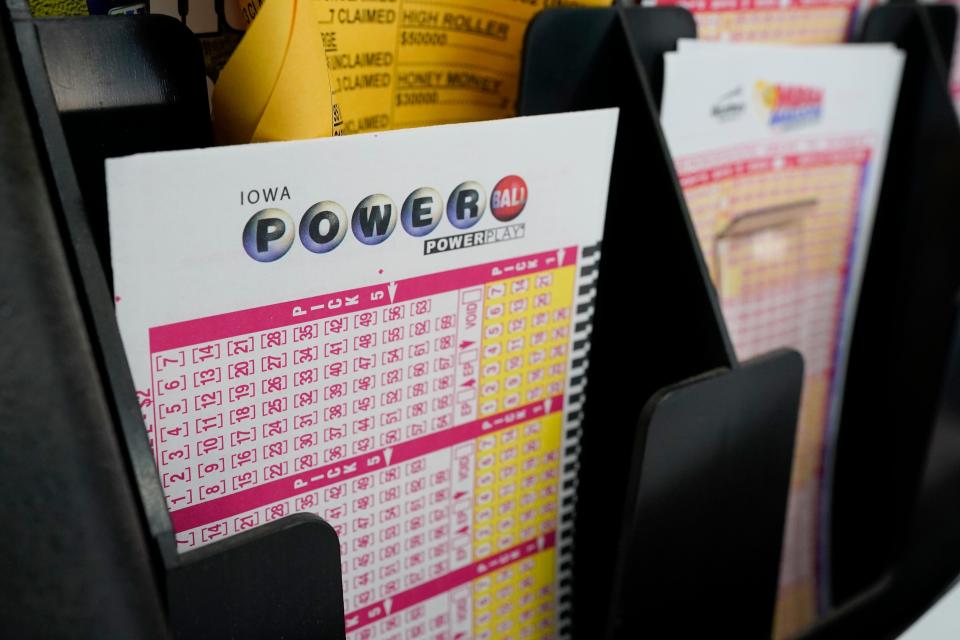Feb. 3—PALMER — A new Mat-Su College course is intended to remedy a statewide shortage of veterinary technicians through Alaska’s first degree program, scheduled to start in September.
Like the rest of the country, the state is grappling with too few animal care workers, including veterinarians, veterinary technicians and veterinary assistants. Veterinary technicians work as animal nurses, providing skilled care on issues that, for humans, would require help from a combination of lab, radiology and pharmacy technicians.
Nationwide, the shortage of vet techs sits at about 59,000, according to one study, with demand projected to grow 21% by 2032. In Alaska, even densely populated regions like Mat-Su struggle to find workers.
College officials say they hope the new program can help solve that.
The new University of Alaska Anchorage program at the Mat-Su College campus will run 2 1/2 years or six semesters and is open to 16 students, said professor Dr. Judith Montalbano, who has worked at private clinics in the Mat-Su and helps oversee the college’s current veterinary assisting certification program. The application deadline is March 1. All classes will be in-person in Mat-Su, she said.
There are currently no vet tech or veterinary degree programs held in-person completely in Alaska. The University of Alaska Fairbanks runs a four-year veterinary medicine program in which students split time with Colorado State University. And while some vet tech programs are available online, they lack the hands-on experience Montalbano said is critical to learning animal care.
“This is such a hands-on field, there’s so many things that you have to learn: the physical skills of how to hold this instrument, how to place an IV catheter, how to restrain an animal,” she said.
State officials hope increasing the number of available trained vet techs will help clinics run smoothly and give customers — both human and animal — the best veterinary experiences possible.
“Vet techs are really a critical part of the patient care,” said Dr. Sarah Coburn, Alaska’s state veterinarian. “When you can really leverage what everyone can do within their purview and within their license requirements, that’s when the system works the best.”
Students in the new program will fulfill training requirements at the Matanuska-Susitna Borough animal shelter veterinary clinic through a partnership with the university, said Montalbano. Students will work under the supervision of veterinarians as they assist in a variety of emergency and standard clinic care.
[Much of rural Alaska lacks regular veterinary care. AFN says it’s a public health crisis.]
On one recent morning at the shelter’s small clinic, two vet techs prepared a parade of six puppies for spay and neuter surgeries, a task that in the future could involve the assistance of college students participating in the new program.
After giving sedation shots, belly shaves and toenail trims, and placing heart monitor clips and oxygen masks, the techs moved the unconscious, floppy puppies in and out of the surgery room, monitoring them as they groggily woke from anesthesia.
These routine surgeries, about 40 each week, are just what happens here during any given day on the job, said Julia Harry, a licensed veterinary technician who has worked in the field since 2010 and at the shelter’s clinic since 2022.
Welcoming the students will give the shelter staff a chance to share what they love about the job, Harry said.
“Lots of warm fuzzies, lots of getting to save lives, lots of getting to get pets placed in homes,” she said. “We get to be a part of all of those stages of life. And that’s kind of neat.”
Students who successfully complete the Mat-Su College program will graduate with an Associate of Applied Science degree and be ready to take the American Association of Veterinary State Boards’ licensing exam. University officials said they are in the process of applying for program accreditation from the American Veterinary Medical Association.
While Alaska doesn’t require people working as vet techs to be licensed, and clinics regularly hire techs who simply learn on the job, those who are licensed can expect to be paid more because licensing shows they hold standardized skills, said Montalbano.
In 2022, veterinary technicians in the state earned an average of $22.43 an hour, according to the state’s labor department. But Montalbano said she knows of clinics that are starting their vet techs at $26 to $28 an hour, with even higher wages for those willing to work less desirable shifts.
Signup bonus from





